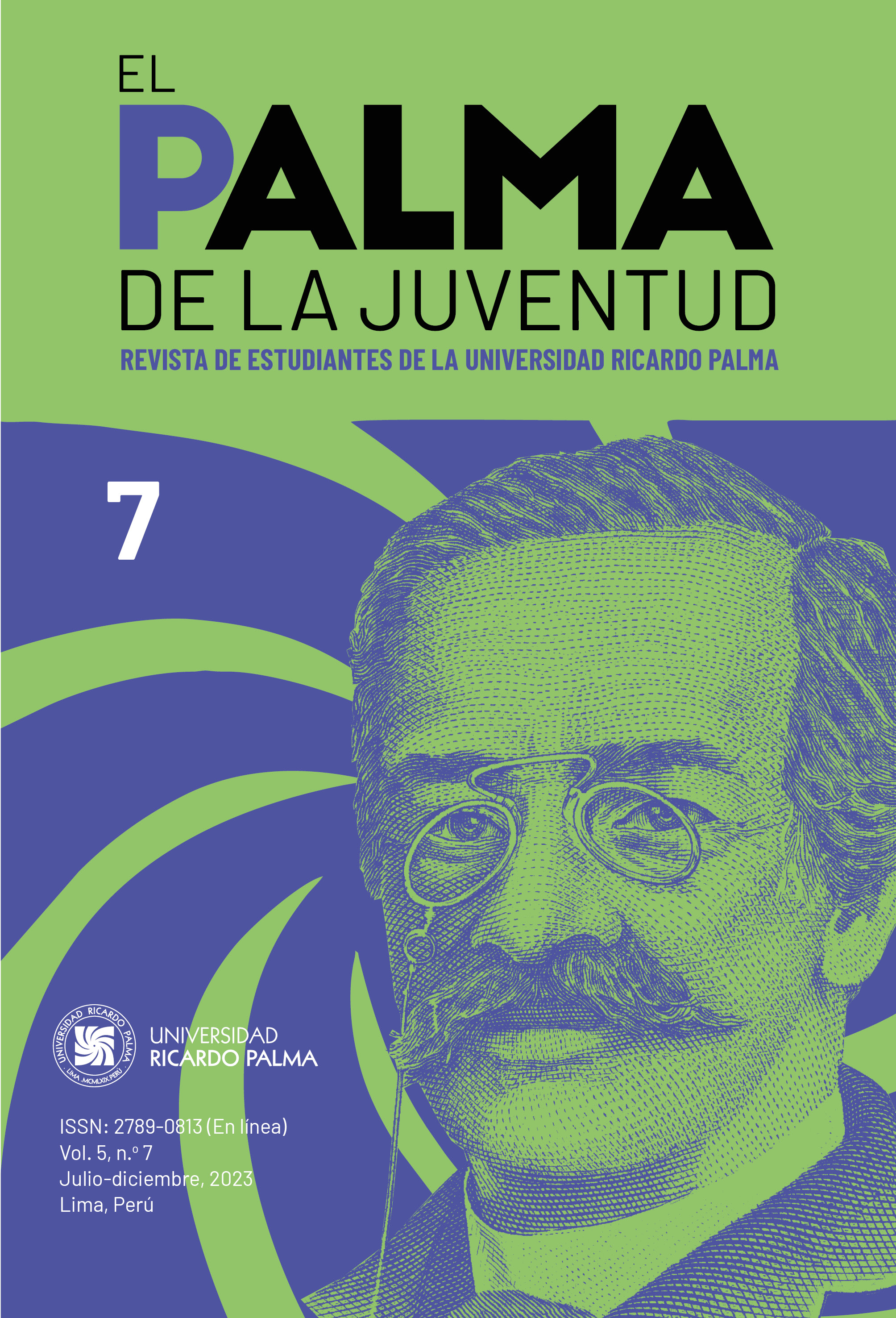Two conceptions of justice in Les Misérables
DOI:
https://doi.org/10.59885/epdlj.2023.v5n7.14Keywords:
Les Misérables, Victor Hugo, law, literature, justice, ethics, aesthetics, RomanticismAbstract
Les Misérables (Les Misérables) is a classic work of world literature written by the French writer Victor Hugo. In the novel we find different conceptions of justice and injustice; therefore, the reader must analyse different approaches to determine and compare the ethical choices of each of the characters. The story takes place in the 19th century, in a time of chaos, struggle, unrest, oppression and inequality. The backdrop is the French Revolution, an event that brought about great transformations. The narrative of Les Misérables is part of Romanticism, exposing issues related to certain values such as goodness and evil, justice and injustice, among others, represented by the characters, especially by the protagonist and the antagonist: Jean Valjean and Javert, respectively. Les Misérables neatly shows the nostalgia of a world full of contradictions, as part of the substratum of an entire era and artistic style. Through different intertwining stories, Victor Hugo develops the conflict between aesthetic and ethical experience.
References
Arce, J. R. (2019). La justicia y la misericordia en Los miserables. Revista de Lenguas Modernas, (19), 713-718. https://revistas.ucr.ac.cr/index.php/rlm/article/view/14043/13349
Aristóteles. (2014). Ética nicomáquea. Política (J. Pallí Bonet, trad.). Gredos.
Asimov, I. (2008). Los griegos (N. Miguez, trad.). Alianza Editorial.
Bobbio, N. (1993). Igualdad y libertad (P. Aragón Rincón, trad.). Paidós.
Castañeda, G. E. (2017). Consideraciones (in)actuales sobre la justicia. Hechos y Derechos, (38). https://revistas.juridicas.unam.mx/index.php/hechos-y-derechos/article/view/11183/13180
Dworkin, R. (2014). Justicia para erizos. Fondo de Cultura Económica.
Esquilo. (2010). Agamenón (B. Perea Morales, trad.). Gredos.
Fundación para las Letras Mexicanas (FLM). (2018, 7 de febrero). Victor Hugo. Enciclopedia de la literatura en México (ELEM). http://www.elem.mx/autor/datos/4718
Hard, R. (2008). El gran libro de la mitología griega (J. Cano Cuenca trad.). La Esfera de los Libros.
Mora, A. (2013). En el bicentenario de su nacimiento: Víctor Hugo y la estética del romanticismo. Revista Comunicación, 12(2), 179-184. https://revistas.tec.ac.cr/index.php/comunicacion/article/view/1208
Pidoto, C., & Tomas Maier, A. (2014). Les Misérables. Reescritura de un síntoma a través de la transposición fílmica. Ética y Cine Journal, 4(2), 31-41. https://revistas.unc.edu.ar/index.php/eticaycine/article/view/7798
VV. AA. (2002). Himnos órficos (J. Maynadé, trad.). Editorial Diana.
Downloads
Published
How to Cite
Issue
Section
License
Copyright (c) 2023 Brenda Betzait Bustillos García

This work is licensed under a Creative Commons Attribution 4.0 International License.
La revista utiliza una licencia Creative Commons para mostrar a los lectores y usuarios cómo se pueden utilizar los contenidos publicados.
Los contenidos publicados en esta revista están bajo una licencia CC-BY 4.0. Esta licencia permite:
- Compartir, copiar y redistribuir el material en cualquier medio o formato.
- Adaptar, remezclar, transformar y construir a partir del material para cualquier propósito, incluso comercialmente.
Bajo los siguientes términos:
- Atribución. Usted debe dar crédito de manera adecuada, brindar un enlace a la licencia, e indicar si se han realizado cambios. Puede hacerlo en cualquier forma razonable, pero no de forma tal que sugiera que usted o su uso tienen el apoyo de la licenciante.










